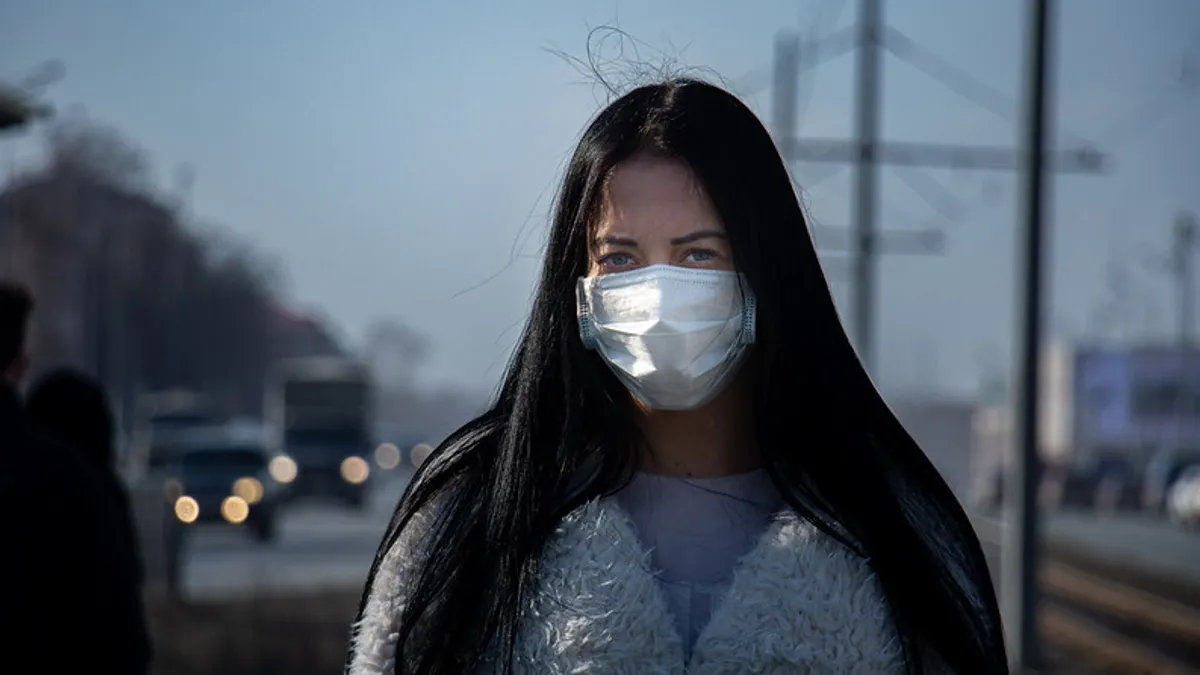Dive Brief:
- Residents in the Riverside, CA metropolitan region (Riverside-San Bernardino-Ontario) are experiencing the highest levels of anxiety and depression amid the coronavirus pandemic, according to survey data released last week by the U.S. Census Bureau.
- The Household Pulse data — which assesses the pandemic's impacts on education, employment, food security, health and housing — surveyed nearly 250 million Americans over the age of 18 from July 2-7, on their state of mental health over the previous week. More than 154 million respondents (62%) reported feeling nervous, anxious or on edge; 136 million (55%) reported uncontrollable worrying; 129 million (52%) reported little interest in doing things; and 126 million (50%) reported feeling down, depressed or hopeless — all for at least "several days" time.
- Of the 15 largest U.S. metropolitan areas, the Riverside region saw the highest average levels of both anxiety and depression, at 66% and 60%, respectively. While Boston and Detroit's metro regions landed at the bottom of the list, nearly half of respondents in both cities reported anxiety and depression.
Dive Insight:
Stay-at-home and social distancing orders were put in place across most U.S. jurisdictions as early as March to curb the spread of the novel coronavirus (COVID-19). Many of those orders have now carried on for months, resulting in degrees of social isolation, loneliness and economic hardship that have "created enormous distress and mental health challenges," ThriveNYC Director Susan Herman told Smart Cities Dive in an earlier interview.
Such challenges have put a strain on cities' mental health service centers and resources, she said — an issue exacerbated by the current strain on municipal budgets. Crisis centers have relied on grants to keep the doors open in Minneapolis and other cities.
California's Riverside County is seeing particularly drastic levels of COVID-19. On Friday, the county reported 518 new coronavirus cases in a single day, bringing the county's total to 28,696, KESQ reports. The Riverside County Department of Mental Health provides resources on its website for residents suffering from coronavirus-related mental health problems, though it's unclear if the website has been updated since March.
Riverside County will face a shift in how it supports some residents experiencing mental health issues, after county supervisors approved a resolution to deploy mental health specialists with law enforcement officers for the detainment of individuals with mental disorders. This decision was welcomed by many community members, though there are arguments for the county to push resolutions even further.
"There needs to be more emphasis on healing the community," resident Troy Chavez wrote in a Patch blog post. "That comes with funding provided in other areas outside of the sheriff's department – or – by implementing social workers and mental health professionals to become a department at the County Sheriff's; which would widen their scope of effectiveness and cohesiveness."
A number of U.S. cities are adjusting mental health funding amid direct calls to reallocate police department budgets following the police killing of George Floyd in Minneapolis. Boston is one city that vowed to reallocate police overtime budgets to mental health services and community-focused programming, while Albuquerque, NM Mayor Tim Keller announced the formation of a community safety department to address issues related to mental health.
But as social isolation orders continue, mental health services may need to depend on funding sources other than the government due to planned budget cuts. Cheyenne, WY, for instance, recently reduced funding for its police department's mental health services by $17,000, while New York Gov. Andrew Cuomo reportedly cut funding for drug and alcohol treatment — often tied to mental health treatment — by 31% in the latest state budget.
To keep up with all of our coverage on how the new coronavirus is impacting U.S. cities, visit our daily tracker.












